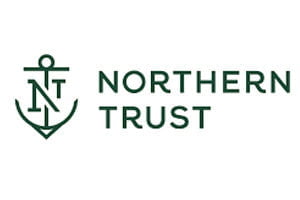Recently, significant attention has been directed towards a multitude of factors around share class hedging, including execution approach, current versus best practices, the cost of share class hedging, and its impact on overall fund performance. However, due to the disparity in how this function is set up across different buy side firms there is a lack of best practice or an industry standard, which makes it difficult for the buy side to know how they can improve the quality of the process.
With this in mind, The Finance Hive recently gathered a select group of traders and operational professionals from across our European and North American networks for a series of interactive discussions hosted by Northern Trust to benchmark their share class hedging strategies against their peers, and share ideas on how they can improve oversight and performance. The Share Class Hedging Report that was commissioned as a result of these sessions summarises the key takeaways from these roundtable discussions and features on the record commentary and examples from the roundtable participants.
The report includes on the record commentary from:
- Matt Gould, Head of Fund Administration, Federated Hermes
- Rich Turner, Senior FX Trader, Insight Investment
- Rowan Gillespie, Business Development, EMEA – Global Foreign Exchange, Northern Trust
- David Byne, Business Development, Americas – Global Foreign Exchange, Northern Trust
Key findings include:
- Key trigger points for considering outsourcing versus insourcing share class hedging.
- Technology’s growing role in bolstering oversight and governance through timely analytics.
- Tips on improving the overall effectiveness of a share class hedging program.
When we are looking at share class hedging, our main priority is to establish a scalable model that gives us operational efficiency. The reason for this is we want to have the ability to launch as many new share classes as we want to without having to do a lot of recruitment and re-evaluate how the system will cope with an increase in volume. The last year has taught us business continuity isn’t something to store in a dusty cupboard, so ensuring that the program is robust and can be driven from different locations is key.”
Matt Gould, Head of Transitions and Fund Administration, Federated Hermes
Register to read the full report!

